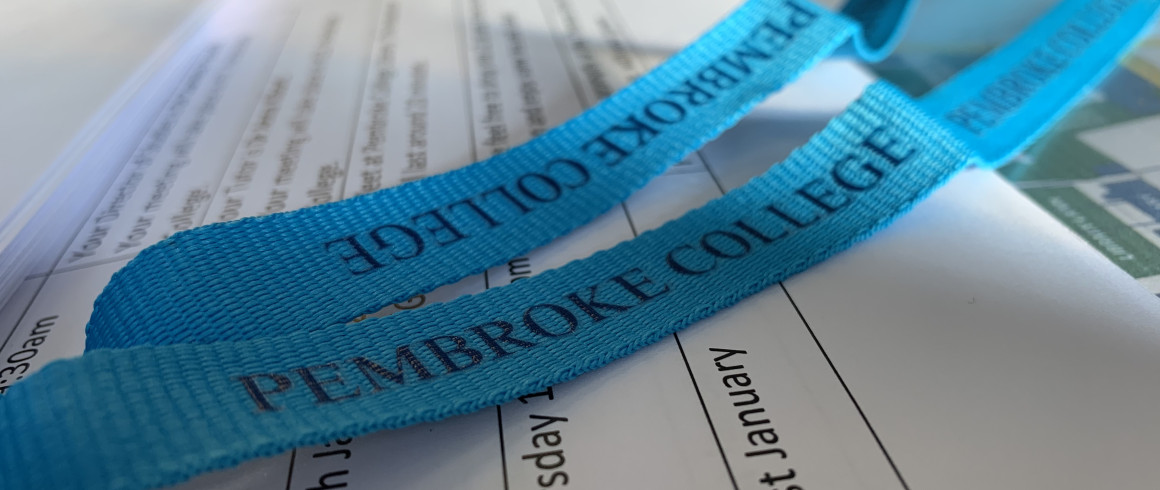Industrial Organisation
Industrial Organisation is a sub-field of Economics that investigates competition between firms and the evolution of market structure. This course will focus on explaining how firms make decisions and how those decisions affect market outcomes such as prices, quantities, the type of products offered, and social welfare. The principal topics discussed in lectures and seminars will include:
- How firms make decisions regarding pricing, product design and advertising
- How firms make decisions regarding entry, mergers and takeovers, innovation and vertical relation
- The welfare effects of firm decisions and market power
- Interactions between strategic firms and competition
- Abuse of dominance and other socially suboptimal behaviour by firms, and how to regulate it
- How to regulate markets with abuse of dominance
- Basic methods for using data to analyse firm behaviour
Course Objectives
The goals of the course include development of intuition for pricing and other strategic behaviour by firms and development of skills for analysis of formal models. Readings and class discussions will provide background and introduction to a variety of topics, many of which will be covered in lectures in greater depth. The theoretical models introduced in the lectures will be supplemented with case studies of specific industries. An introduction to Competition Policy issues will be discussed.
Intended Audience
This course is intended for students who would like to deepen their understanding of monopolistic behaviour, oligopolistic competition and competition policy. Nevertheless, the discussed material may also be of interest to students interested in applications of Mathematical Analysis and Game Theory to Economics.
Previous Knowledge
This course is designed to be self-contained and accessible to a wider audience. However, a basic knowledge of Microeconomics, Game Theory and Calculus is required to fully benefit from the course.
Transferable Knowledge and Skills
This course provides a profound understanding of competition among firms and its impact on social welfare. The acquired knowledge is indispensable in designing, analysing and evaluating practices used by firms in their everyday activity. The discussed material may be especially useful to students who are planning a career in widely defined business, economic consultancy or competition policy authorities.
This course will focus on the essential features of an economic problem and provide a framework for the critical understanding and evaluation of the effects of policy or other exogenous events. Students will be able to analyse an economic problem or issue using an appropriate theoretical framework and recognise its limitations.
Dr Pawel Dziewulski
Dr Pawel Dziewulski is a Senior Lecturer in Economics at the University of Sussex. He received his doctorate from the University of Oxford.
His research focuses on the issues related to consumer choice and demand. In particular, Dr Dziewulski is interested in departures of individual behaviour from what would be considered a "rational" behaviour, and what such departures reveal about the inherent biases of the consumers and their preferences; whether it is the problem of time-inconsistency in decision making or inability to correctly discriminate between options.
His most recent publications include "Making sense of the monkey business: Re-examining tests of animal rationality", Journal of Behaviour and Organization (2022), "Markov distributional equilibrium dynamics in games with complementarities and no aggregate risk", Theoretical Economics (2022), and "Just noticeable difference as a behavioural foundation for the critical cost-efficiency index", Journal of Economic Theory (2020).
